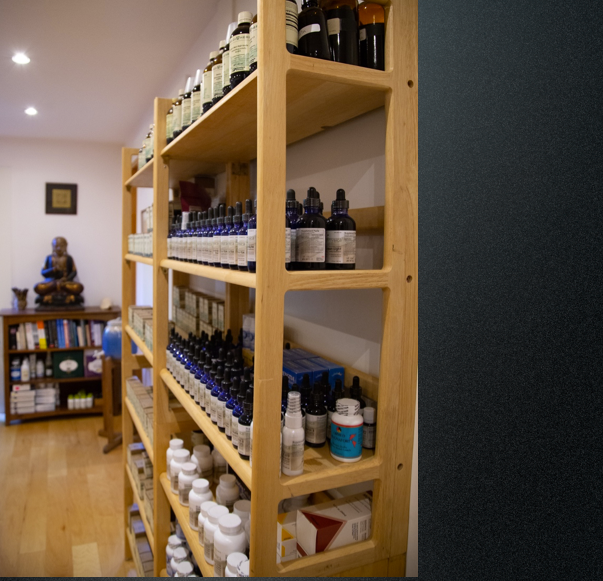How to Choose High-Quality Supplements
Why Supplement Quality Matters
Not all supplements are created equal. As a functional medicine provider, we emphasize the importance of selecting products that are not only effective but also safe and aligned with your health goals. In a market saturated with options, understanding how to assess supplement quality is essential.
Understanding Supplement Regulation in the U.S.
In the United States, dietary supplements are regulated by the FDA under the Dietary Supplement Health and Education Act (DSHEA) of 1994. This law holds manufacturers responsible for ensuring their products are safe before they reach the market. However, unlike pharmaceutical drugs, supplements do not require FDA approval prior to sale.
While manufacturers must follow current Good Manufacturing Practices (cGMPs) and report serious adverse effects, the burden of ensuring safety and efficacy ultimately falls on the producer—not the regulator. For this reason, consumers must be discerning and informed when choosing supplements.
Key Factors to Look for in High-Quality Supplements
1. Third-Party Testing and Certifications
Independent testing by organizations such as U.S. Pharmacopeia (USP), NSF International, or ConsumerLab provides assurance that the product contains what it claims—without harmful contaminants.
cGMP Certification ensures that the product is manufactured under rigorous quality standards regulated by the FDA.
2. Label Transparency
Look for supplements with clear, complete ingredient lists, including both active and inactive components.
Avoid proprietary blends that fail to disclose exact ingredient amounts, as these can hide ineffective or underdosed formulations.
3. High-Quality, Bioavailable Ingredients
Choose supplements that use bioavailable forms of nutrients. For example, magnesium citrate is typically better absorbed than magnesium oxide.
Prefer naturally sourced nutrients over synthetic forms, as the former are generally better recognized and utilized by the body.
4. Clean Formulations (No Unnecessary Additives)
Avoid products that include:
Fillers (e.g., talc, microcrystalline cellulose)
Artificial colors (e.g., Red 40, Blue 1)
Preservatives and stabilizers (e.g., sodium benzoate, propylene glycol, titanium dioxide)
These additives offer no therapeutic benefit and may trigger adverse reactions in sensitive individuals.
5. Evidence-Based, Therapeutic Dosing
Ensure that each ingredient is included in a clinically relevant dose, not just a “label claim” amount.
Quality supplements align with current research and are formulated to achieve physiological impact.
Where to Buy: Trusted Retail Sources Matter
Avoid High-Risk Retail Channels
Online marketplaces like Amazon may offer convenience, but are also known for counterfeit or mishandled products. Use caution when purchasing from third-party sellers.
Buy Directly from Verified Sources
Purchase from us; we have done the research for you already.
Summary: Make Every Supplement Count
When it comes to your health, supplement quality is not something to compromise. To ensure safety and effectiveness, look for products that offer:
Verified third-party testing
Transparent ingredient labeling
Bioavailable and natural nutrient forms
Absence of unnecessary additives
Therapeutic dosing
Distribution through authorized, reputable sources
By making informed choices, you can feel confident that your supplements are supporting—not undermining—your wellness journey.
